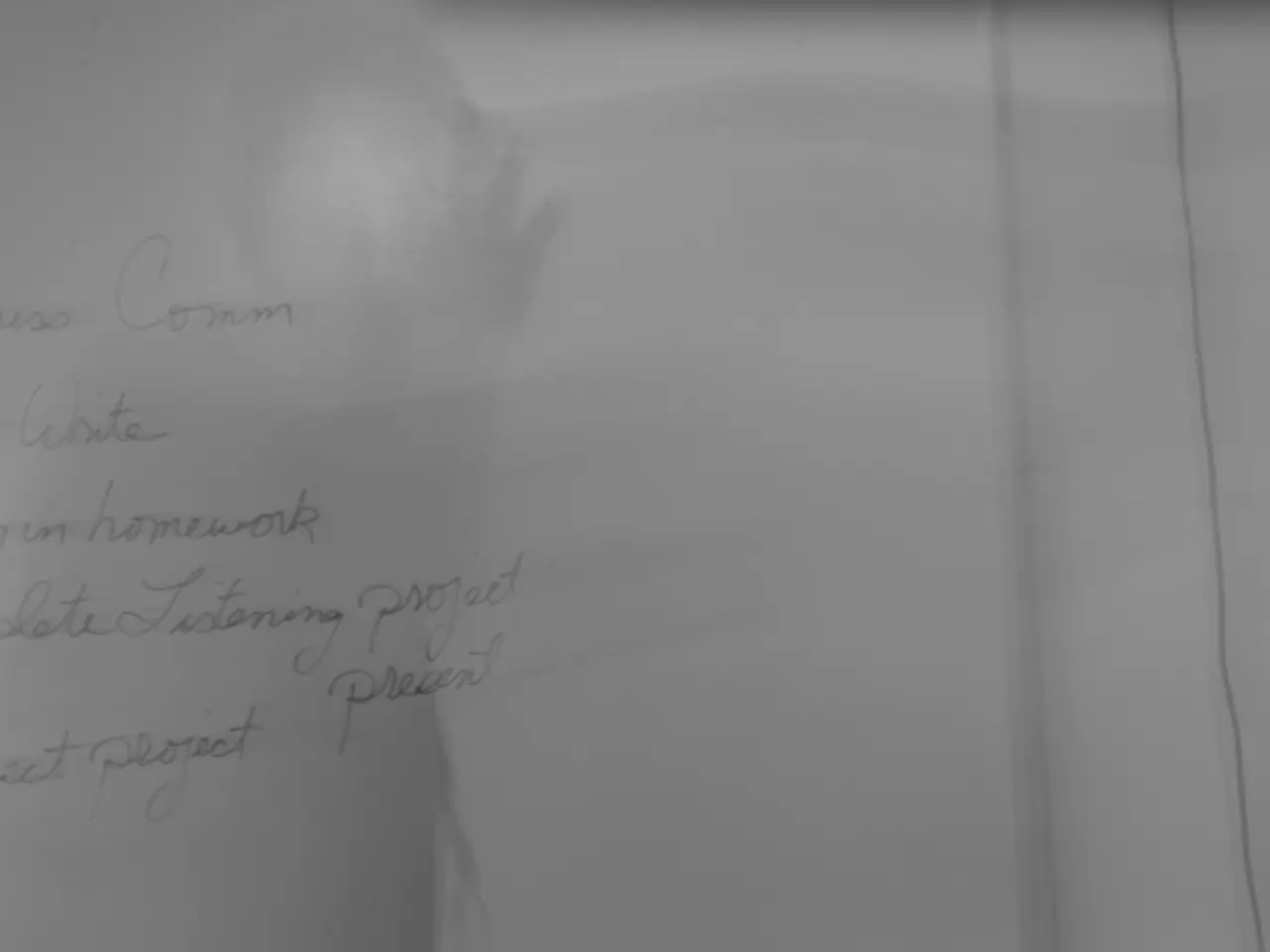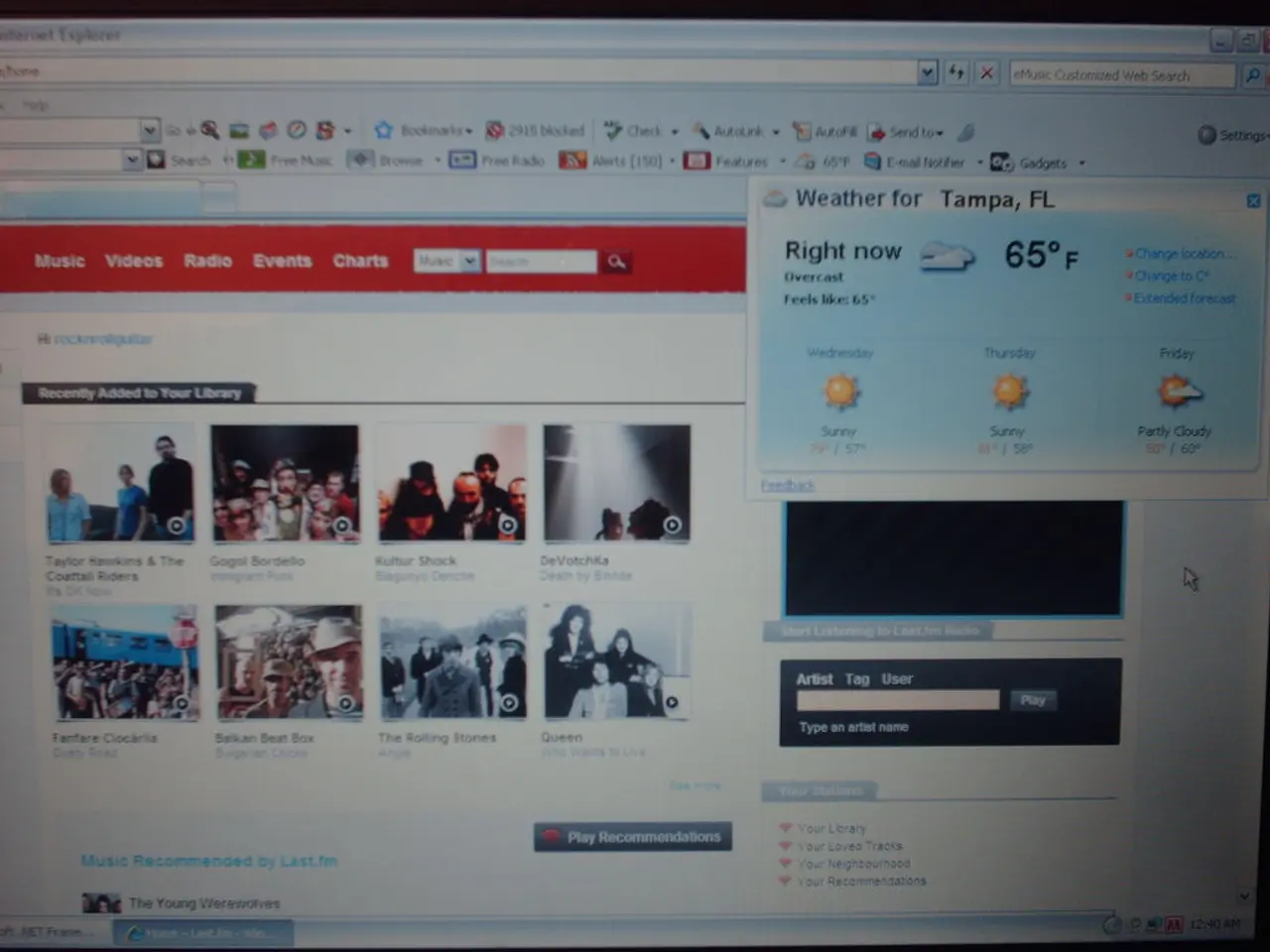Discussion on Case-by-Case Rejection at PTAB: Insights and Patterns from Two Months of Interim Briefing by the Director
The US Patent and Trademark Office's (USPTO) Patent Trial and Appeal Board (PTAB) has implemented a new interim bifurcated process for managing workload related to discretionary denial of post-grant review (PGR) and inter partes review (IPR) petitions. This change, following the February 2025 rescission of the earlier "Vidal Memo", has been further clarified by subsequent memoranda from Chief Administrative Patent Judge Scott Boalick and Acting Director Coke Morgan Stewart.
The interim process introduces a bifurcated decision-making system, where parties submit briefs arguing for or against discretionary denial, addressing various relevant factors. The Director of the USPTO, in consultation with at least three PTAB judges, then makes the discretionary denial determination. If discretionary denial is deemed inappropriate, the petition is referred to a three-member PTAB panel to decide on institution based on statutory merits and non-discretionary considerations.
The process includes specific timing and briefing guidelines, conducted through the P-TACTS electronic system, and procedures for requests for rehearing by the Board panel or Director Review. Recusal policies and conflict of interest rules apply during these proceedings.
The PTAB has returned to a more flexible discretionary denial approach, akin to pre-Vidal Memo standards. The Board relies heavily on the Fintiv factors and acknowledges the high relevance of stipulations made in parallel litigation such as Sotera. Decisions increasingly consider the status and progress of parallel district court or ITC proceedings, often favoring discretionary denial where parallel litigation is well advanced.
The USPTO emphasizes workload management and resource allocation, weighing these against the interests of efficient patent challenge resolution. This interim process and evolving discretionary denial framework require IP stakeholders to carefully tailor their post-grant strategies, incorporating considerations of both procedural timing and substantive merits, while adapting to workload management policies inside the USPTO.
Attendees of a forthcoming webinar, led by WilmerHale Partners Dave Cavanaugh, Alexis Cohen, Greg Lantier, and Josh Stern, will have the opportunity to discuss these developments and their implications for patent owners and petitioners. The discussion will cover topics such as the Director's interim process and the PTAB's implementation of that process, trends in arguments for and against discretionary denial, the Director's decisions regarding discretionary denial, and considerations for Patent Owners and Petitioners in seeking or arguing against discretionary denial.
The program is planned to offer CLE credit for attendees who join the live presentation. We can also issue Connecticut credit, and New Jersey grants reciprocal credit for programs that are approved in New York. Attendees who need credit in another jurisdiction can use the uniform certificate of attendance to self-apply. Participants will have the opportunity to contribute questions for the panelists during the webinar. WilmerHale has been approved as a Colorado Certified Provider, as recognized by the Colorado Supreme Court Continuing Legal and Judicial Education Committee. The event is a discussion about the United States Patent and Trademark Office's interim process for Patent Trial and Appeal Board (PTAB) workload management related to discretionary denial of post-grant review petitions.
It is important to note that CLE credit is not available for those who watch a recording of the webinar. Attendees of this program may be able to claim England & Wales CPD, and all attendees, regardless of jurisdiction, will receive a uniform certificate of attendance that shows the states in which the program was approved. The program is being planned to offer CLE credit in California and non-transitional credit in New York for live presentation attendees. If requested, we will apply for Colorado CLE after the program.
[1] USPTO, Patent Trial and Appeal Board, Interim Bifurcated Process for Managing Workload Related to Discretionary Denial of Post-Grant Review and Inter Partes Review Petitions, 14 Feb. 2023,
The interim process, introduced by the USPTO, utilizes technology through the P-TACTS electronic system, streamlining the submission of briefs and requests for rehearing. This system, along with the evolving discretionary denial framework, necessitates patent stakeholders to adopt technology-driven strategies, ensuring efficient communication and adherence to timelines in post-grant proceedings.
In the upcoming webinar led by WilmerHale, attendees will discuss the implications of the USPTO's technology-centric interim process on patent owners and petitioners, emphasizing the importance of leveraging technology to align with workload management policies within the USPTO.




